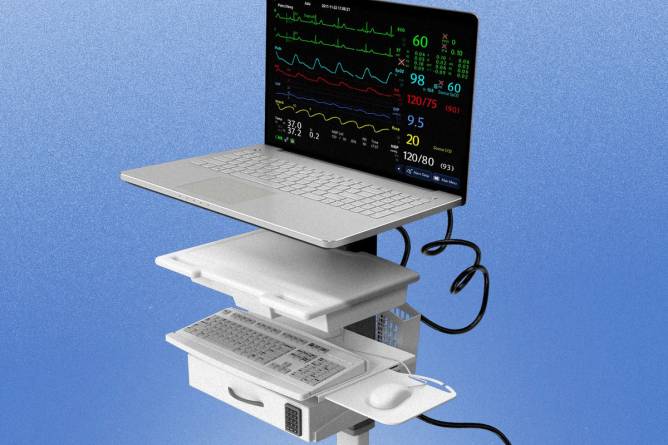|
Hit the road, Elon Musk—undergrads are engineering tomorrow’s medical marvels in between midterms.
On August 26, the National Institutes of Health (NIH) and education nonprofit VentureWell highlighted medical devices invented by undergraduate students as part of the 13th annual Design by Biomedical Undergraduate Teams (DEBUT) Challenge. The teams received about $160,000 total in prizes.
Eleven designs won and five received honorable mentions out of 85 submissions. In addition to awards from NIH, partners like the National Cancer Institute (NCI) and the National Center for Medical Rehabilitation Research (NICHD) doled out honors as well, such as the NICHD’s Rehabilitative and Assistive Technologies prize.
If you, like us, are curious to know what college students are capable of when they’re not testing whether dish soap doubles as laundry detergent, here are some of the winners:
UroFlo. The top award was the $20,000 Steven H. Krosnick Prize that went to a team from Houston-based Rice University. The students invented a bladder irrigation system that automatically adjusts its own flow rate, tracks blood in urine, and alerts medical professionals to potential issues via an online database.
Healthcare workers currently monitor blood in bladder irrigation systems by sight, the team explained in a YouTube video, an intensive and imprecise method that burdens workers and increases risks of mistakes. As the group of now-graduates said, with UroFlo, “Urine good hands.”
Keep reading here.—CC
|








